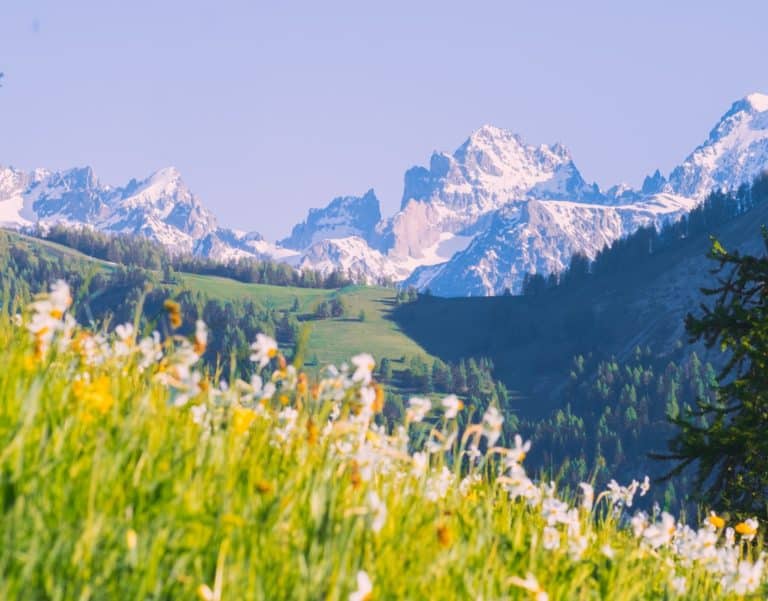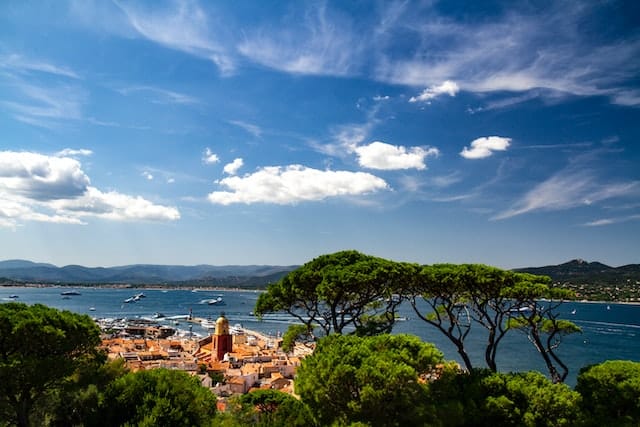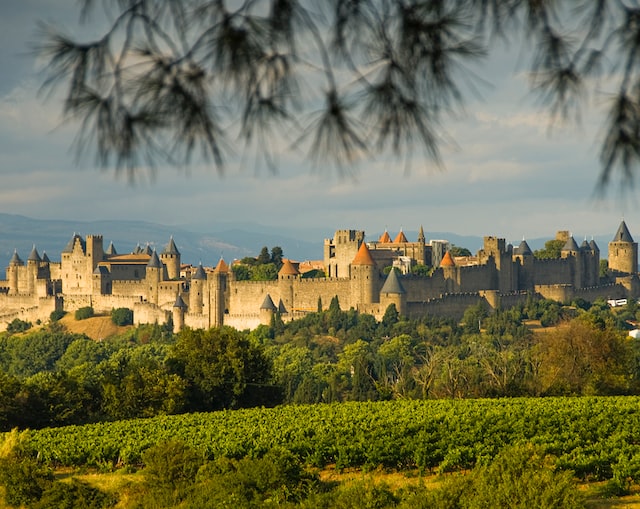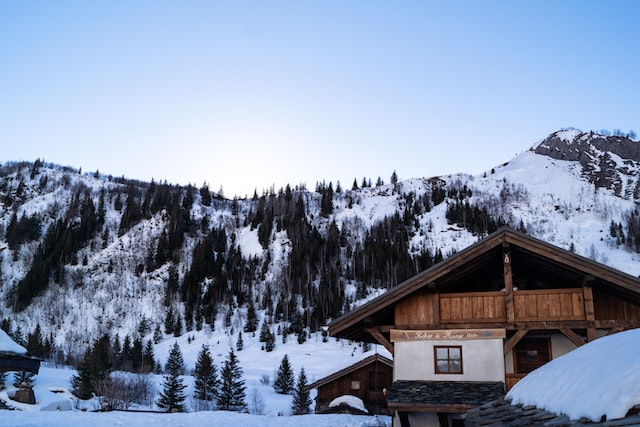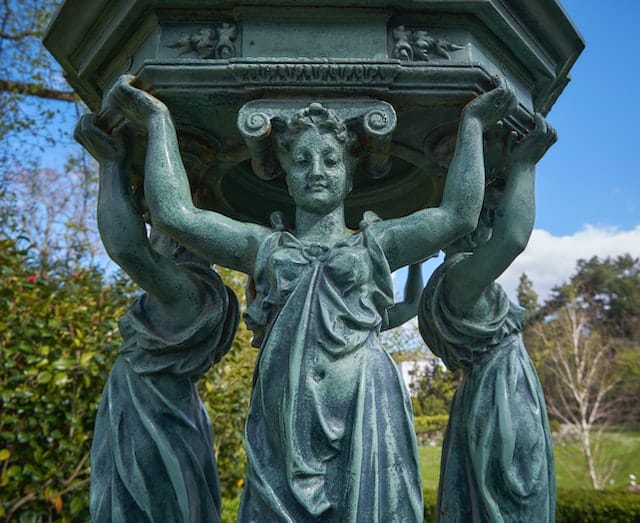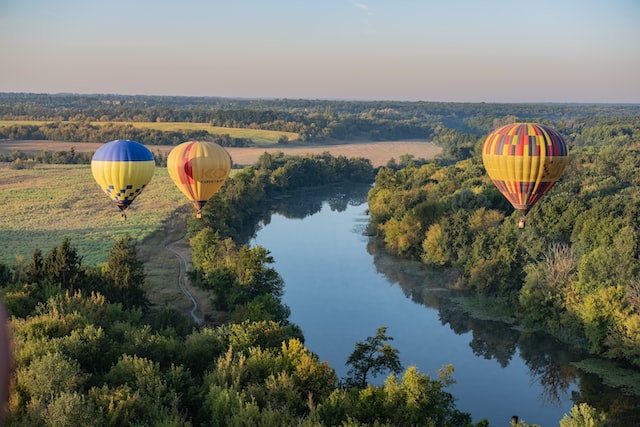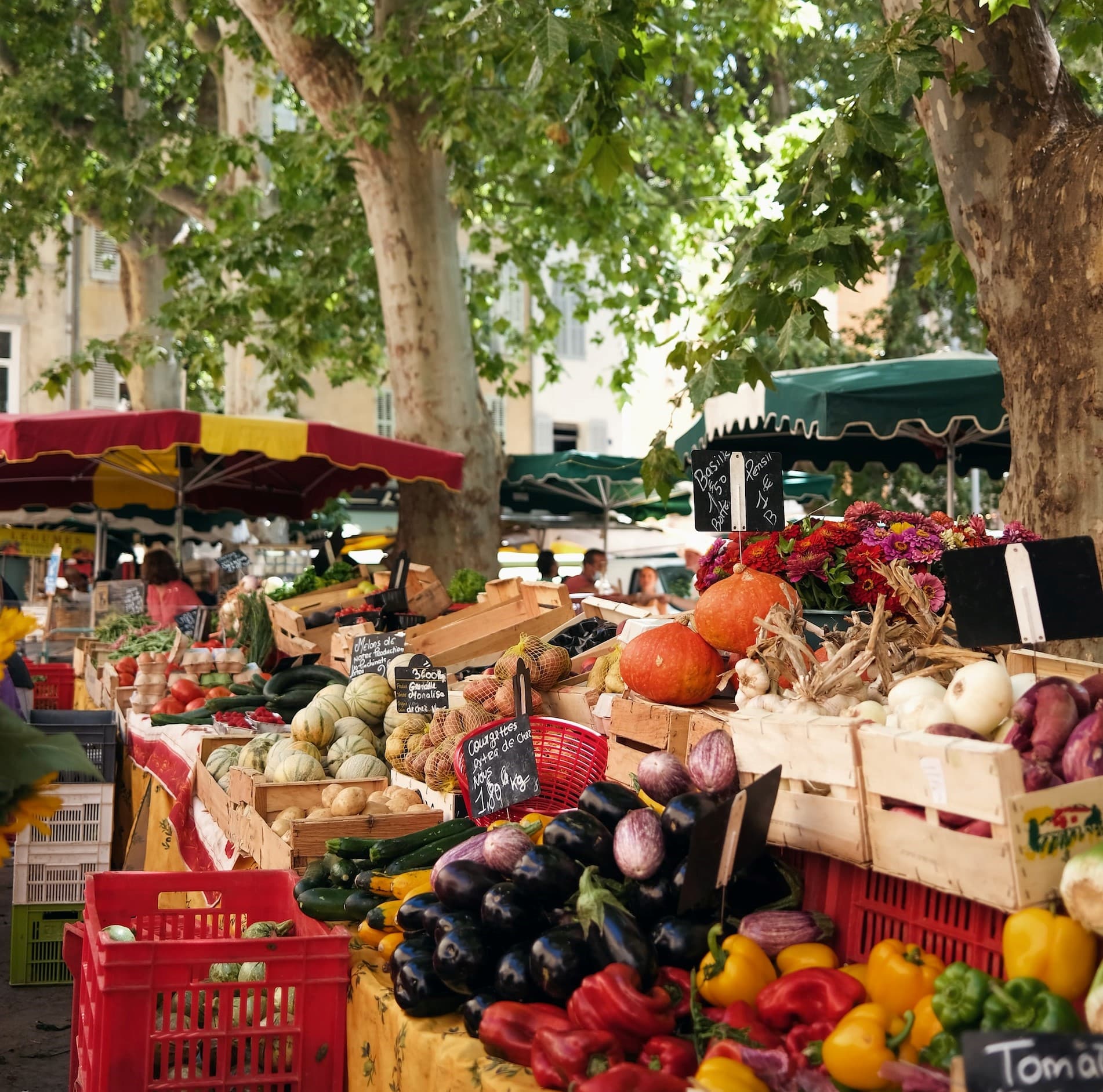Reviving tourism worldwide means that it is necessary to aim high in order to stand out from the competition. Marketing campaigns in the tourism industry are increasing and are aimed at both domestic and international tourists. It makes sense that these campaigns launched by tourism actors include more multilingual translation projects to attract travelers from foreign countries.
Cultures Connection focuses on two central issues to help you understand why translation matters for the tourism industry:
– Why is translation crucial in the tourism industry?
– Why use translators who specialize in tourism?
The first showcase of a country, a state, a city or a monument, is their website. You thereupon have to think about all the documents –texts, graphics and maps– that curious visitors can download from the website or get for example in tourist information centers.
Why is translation crucial in the tourism industry?
For governments, companies or associations, the financial stakes of tourism are enormous. This is why it is essential to translate tourist content for foreigners, who may be future tourists who will spend money in your country. If tourists enjoy their stay in your country, area or city, they will let their friends and family know about it during and after their vacation, on social networks and via traditional word of mouth.
Here’s why tourism translation is crucial and what to think about:
- A global strategy. More and more museums want their content to be translated into many languages, even smaller museums –compared to the Louvre in Paris, the National Museum in Tokyo or the Metropolitan Museum of Art (MET) in New York. An example? Museums in France used to translate their various contents from French into English, and possibly another foreign language from a neighboring country such as Germany, Italy or Spain. Museums with an international reputation have already taken the habit of having their documents and audio guides translated into a dozen languages. Now, French museums that are less known than the Louvre also want to develop their international reputation. This strategy necessarily involves multilingual translation. This also applies for example to castles. There are many castles to visit in France –not only Versailles or Chambord– but also in Spain, Germany or elsewhere;
- Socio-cultural aspects. Understanding the culture, habits, and more generally what foreign tourists find interesting, is essential. For the majority of tourists from some countries, the interest in hiking and exploring natural parks or mountains is paramount. Tourists from other countries appreciate more the cultural dimension, i.e. historical monuments, museums, religious buildings. Others love shopping: French or Italian fashion, and more generally the whole luxury sector, attract visitors from all over the world;
- Your website and integrated content. While your website must be aesthetically pleasing and informative, providing easy and clear navigation, it must also be well translated. Each tourism marketing message is carefully crafted at the writing stage, and is just as carefully crafted at the translation stage. There are many types of tourism content to be translated and you need to plan ahead of time:
- Websites, interactive maps and travel apps;
- Downloadable online brochures by subject: the Top 10 must-see places, hiking sites, historical landmarks, museums, local products;
- Agendas and programs of events (exhibits, festivals, sports competitions, traditional parades, shows, fairs);
- Listings of best restaurants, markets and market halls to discover and enjoy the local cuisine, including recipes and menus;
- Accommodation listings: hotels, bed and breakfasts, campsites, alternative accommodation (caravan, yurt, tree house…);
- Means of transportation: convenient transportation such as train or metro, but also unusual, sensational or romantic means of transportation such as horse-drawn carriage rides, hot-air balloon rides, donkey rides or sledding…
- The calendar and scheduling. Temporary exhibitions and events are prepared months in advance, sometimes a year in advance, as for fashion collections. It is also necessary to think well in advance about the advertising campaigns as well as the contents related to these exhibitions and events. If you use a printer for posters, programs and catalogs, you have to plan everything well in advance. This means that the translation of the tourist contents must be planned months in advance to ensure the best possible quality. An unexpected event can also lead to a last minute communication campaign and our agency may receive an urgent translation request, which is always possible.
With so much at stake financially, it is essential to ensure a good translation in foreign languages and to give priority to a professional translation. It’s also about your image!
Why use translators who specialize in tourism?
Linguists who specialize in the tourism industry are professionals who know a great deal about the arts and sciences. Here are some good reasons to have tourism content translated by specialists in the industry:
- Informing and creating. Tourist translators know how to translate well your marketing content and create emotions in readers or viewers. Each country has its own socio-cultural characteristics. The identity of each territory must be translated accurately in order to represent it well while paying attention to the social and cultural norms of the different target audiences. This is why translators provide the right information, know the tourist lexicon, enhance texts and graphics, understand the travel preferences of the target audience, and present tourist attractions with the right tone and vocabulary. In particular, these translation professionals use the language to create dreams and the desire to discover the destination presented in brochures and on the website through various persuasive techniques.
- Ecotourism. Professional translators continue to train and are interested in adaptations and innovations in tourism offers. Environmental protection and eco-responsible vacations are now often among the themes that professionals are asked to translate. In the face of climate change, green tourism is developing, with, for example, a reinvented tourism industry that is supported by local policies, as is the case in Colombia, France and Turkey, among others;
- SEO. Another talent that makes it possible to recognize excellent tourism translators? The translators who can add SEO value to the tourism website. It is absolutely essential to know in each foreign language the key words and turns of phrase that help with a good referencing of your website. A translation agency will be able to advise you and offer you all the appropriate services so that your tourism content is well translated and well referenced in search engines;
- Tour guides. Tourism means sightseeing, which can be guided and accompanied in several foreign languages by professional interpreters. The tourism sector traditionally uses multilingual guides who are trained in tourist interpreting. Tourist information centers can offer the services of interpreters through partnerships with translation agencies. Sometimes tourism companies contact translation agencies for groups of clients who are visiting other countries.
Trust professional translators to promote your tourism and cultural marketing content in different languages to attract more tourists to your region and showcase your local wonders!
